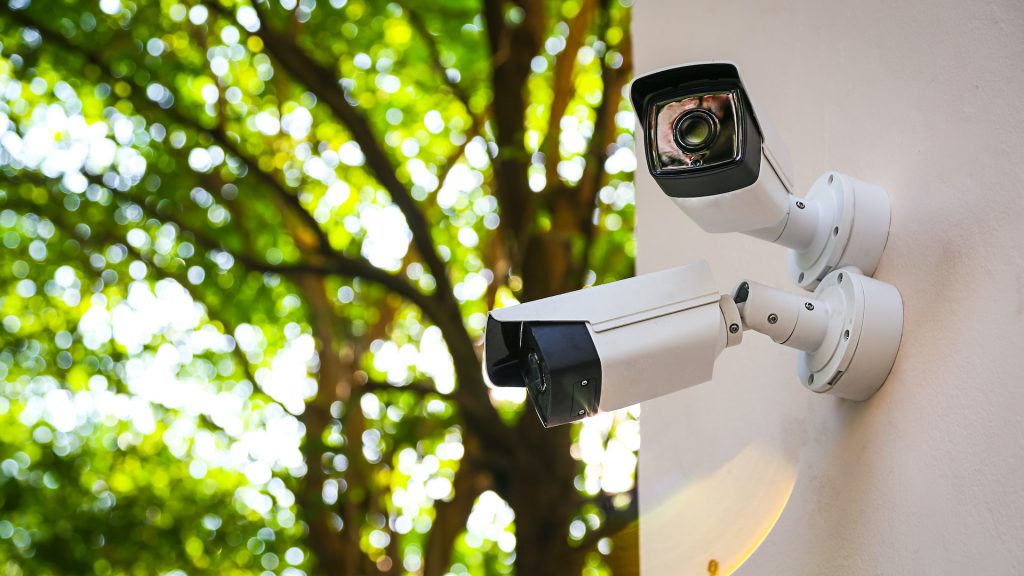A.I. Traffic Surveillance Systems Can Connect Driving Habits To Criminal Activities

These days humanity has a bit of a love/hate relationship with A.I. (artificial intelligence). On one hand, it is a technological marvel of human engineering that is able to analyze data, provide information, and create content in fractions of a second. But on the other end, it does pose a threat to many livelihoods such as the ongoing writers’ and actors’ strike by the WGA and SAG-AFTRA. It can also be viewed as a threat to privacy if businesses use it to access your personal information.
RELATED: Artificial Intelligence Can Design Cars That Are “More Attractive” To Humans
How Can A.I. Catch Criminals?
While we should take these circumstances with a grain of salt, they are certain possibilities for the future. Even traffic cameras have adapted A.I. technology to enhance public surveillance systems to create databases by gathering vehicle make, model, license plates, and driving patterns. This information could then be sold to police departments, which could be seen as justification when analyzing a potential criminal’s driving activity.
This kind of technology is reminiscent of the sonar scene from The Dark Knight in which Batman uses every Gotham citizen’s personal phone as a microphone to create a high-frequency image of the entire city. Granted this movie came out in 2012. Fast-forward eleven years, and suddenly it has become a reality on some level.
Apparently, this kind of A.I. technology has been in development for a while. According to Forbes, police were able to utilize this technology to analyze the driving behavior of David Zayas, who was arrested for making drug trafficking routes for dealers. When police pulled him over on the Hutchinson River Parkway in New York, a search of his car revealed that he was carrying 112 grams of cocaine, $34,000 in cash, and a handgun. The A.I. surveillance system was able to correctly identify Zayas based on these routes. However, the attorney for Zayas claims that the search was illegal.
Can This Technology Be Taken Too Far?
While there are many firms that make this kind of A.I. software to sell to police departments, they are also using this same technology to be used by fast-food restaurants to monitor customer behavior, when they eat, how often they visit, what they order, etc.
The ACLU (American Civil Liberties Union) claims that the use of this technology is a violation of the 4th Amendment, in which the government openly surveils U.S. citizens without a warrant.
At this point, the discussion is really about keeping this kind of A.I. in check. It could certainly provide police departments the benefit of tracking suspected criminal activity. However, some would view constant surveillance of all citizens as an abuse of power and line that shouldn’t be crossed.









